Monarch
Grade 5

Monarch
Grade 5
Dear Monarch Families,
As we approach the final weeks of the term, we are excited to share the incredible learning journey your children have experienced this past month. They have been exploring topics that meet the Victorian Curriculum standards with a focus on building critical thinking, creativity, and collaboration. We look forward to updating you on their achievements as we gear up for a strong finish to the term together!
READING - Building Stronger Understanding and Critical Thinking
This term, our students are developing key reading skills that help them engage more deeply with texts and understand how language works in different contexts. Below are the mentor texts we used along with the skills we focused on.
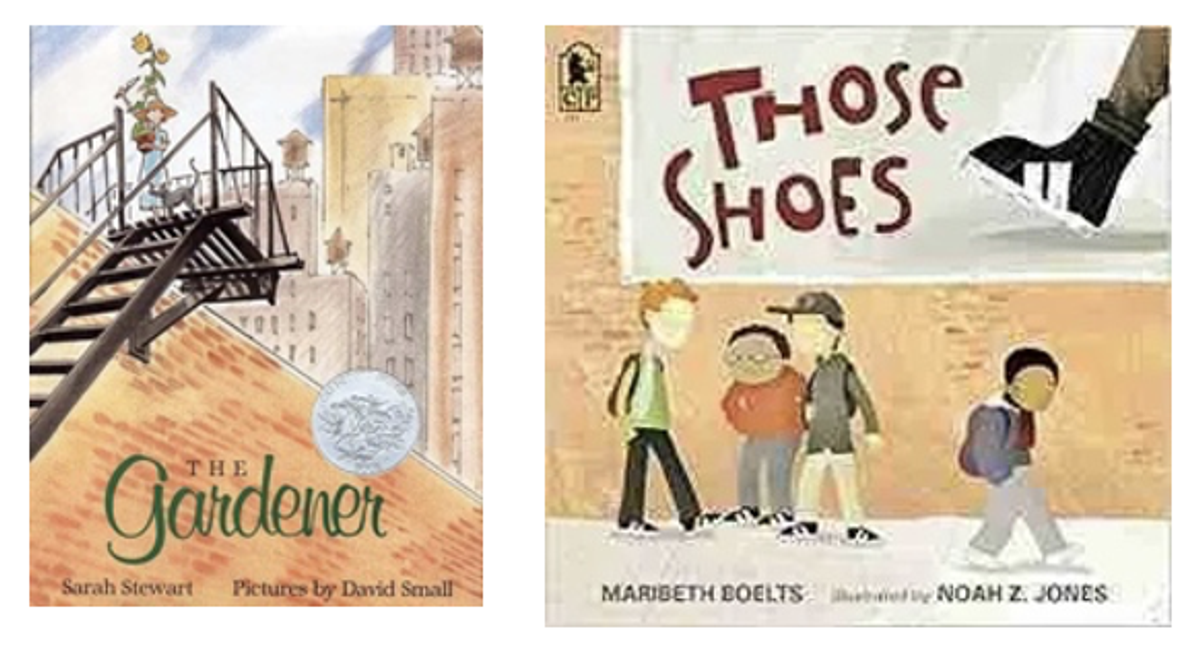

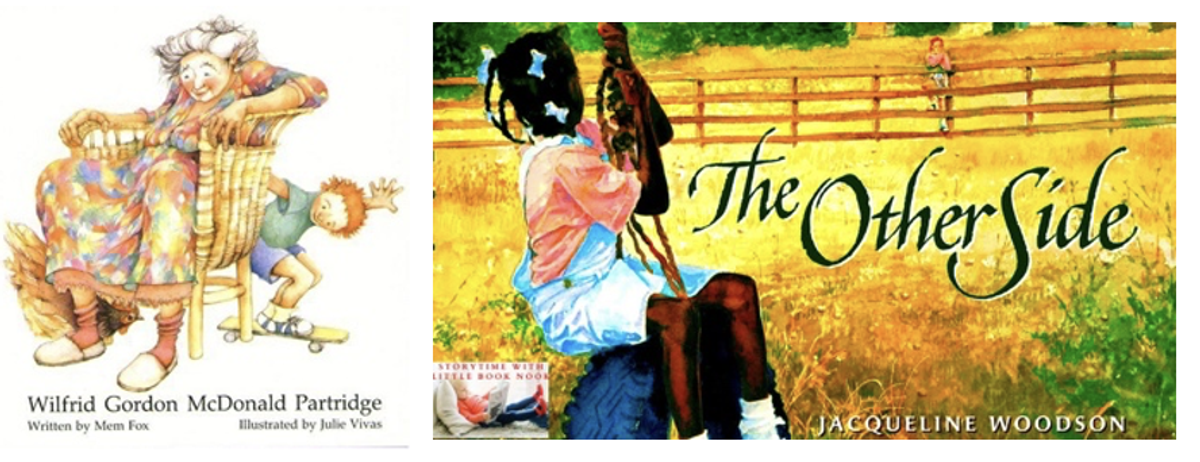

Monitoring and Tracking Our Reading
Students are learning to actively monitor their understanding as they read. This means checking in with themselves to see if the story or information makes sense and using strategies to clarify or re-read when needed. This helps them become more independent and confident readers.
Understanding Language and Social Roles
We’re exploring how authors choose words and language styles to reflect different social roles and relationships between characters. For example, how formal or informal language shows respect, friendship, or authority. This helps students understand the ‘why’ behind language choices in stories and texts.
Identifying Sentence Types and Justifying Our Thinking
Students are practising how to spot simple and compound sentences. They’re also learning to use precise words to explain their reasoning when discussing texts. This skill supports clearer communication and deeper analysis of how sentences work to shape meaning.
Giving Opinions Using Literary Devices
We encourage students to share their opinions about texts by referring to literary devices such as imagery, metaphor, or dialogue. Understanding these tools allows students to explain what they like or don’t like, and why, in a thoughtful and evidence-based way.
Analysing Text Structure for Different Audiences and Purposes
Students investigate how different types of texts are organised depending on their purpose (to inform, entertain, persuade) and their intended audience. This helps them recognise why authors structure texts in certain ways and improves their own reading and writing skills.
SPELLING FOCUS - Unaccented Final Syllables and Suffixes
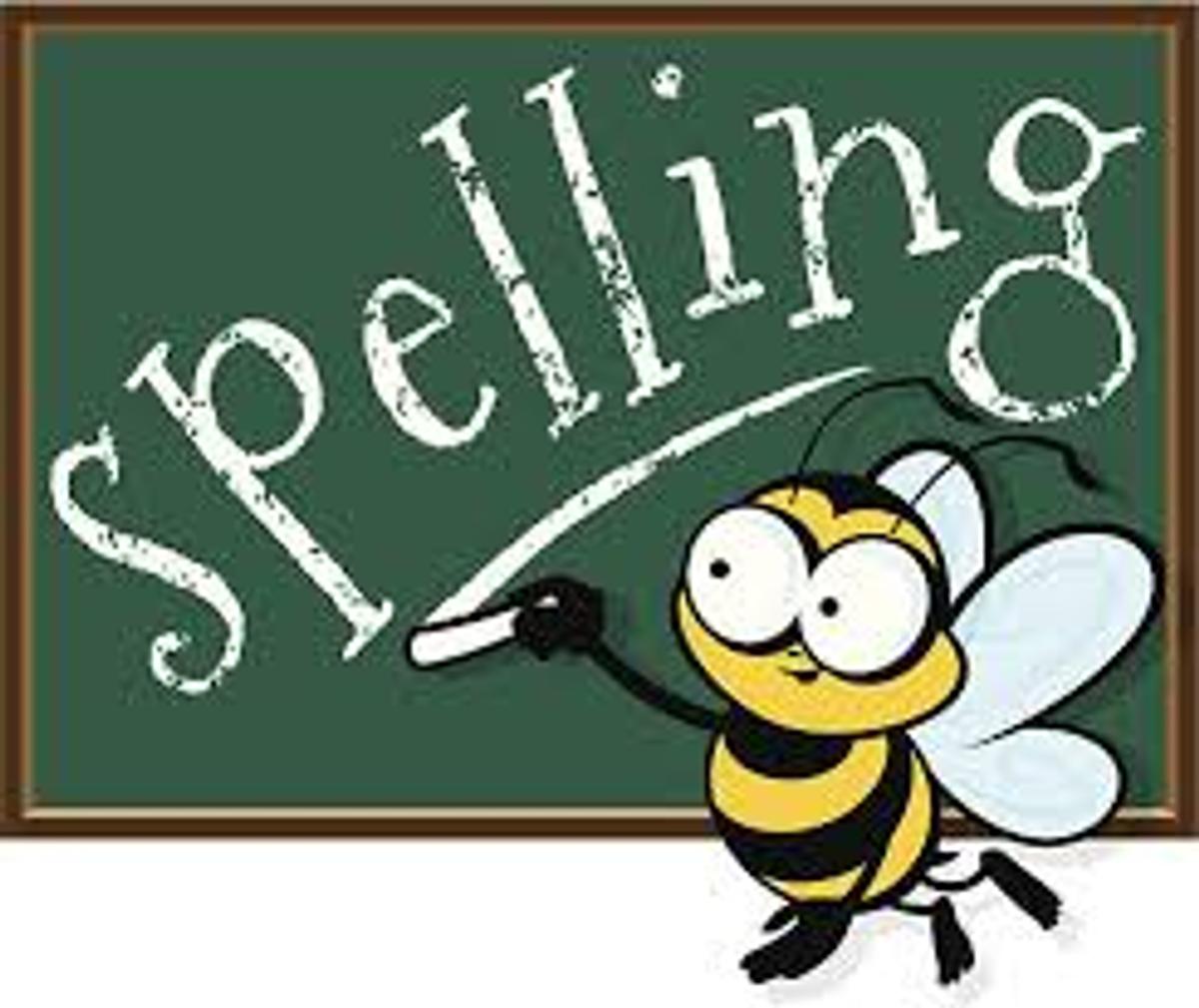

Our Year 5 students have been concentrating on mastering unaccented final syllables in their spelling. We are focusing on common endings such as -er, -or, -le, -el, -al, and -ar, which often appear in everyday words but can be tricky to spell because the final syllable is unstressed.
In addition, students are learning to recognise and correctly use suffixes including -ure, -ate,
-ent, and -ize. These spelling patterns help build their vocabulary and support more confident writing. Through targeted activities and practice, students are developing stronger word recognition and spelling skills that will benefit them across all areas of their learning.
WRITING - Developing Informational and Procedural Writing Skills
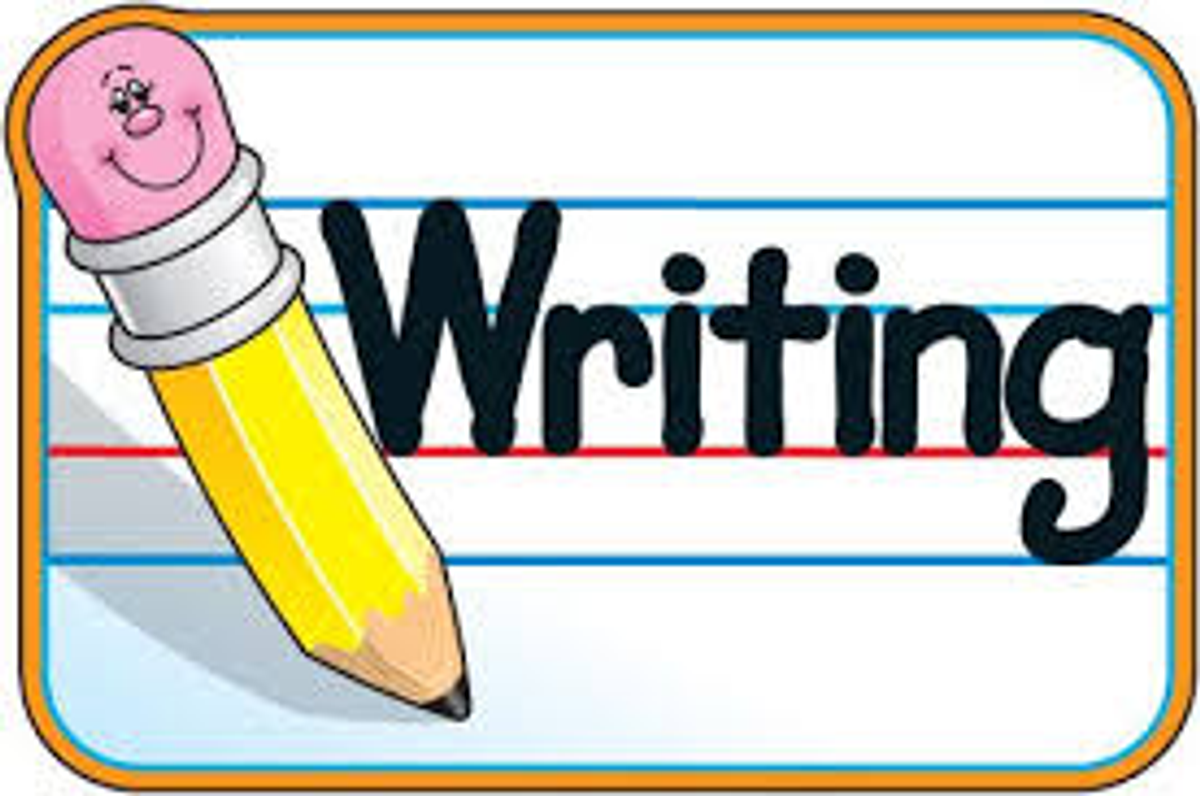

Over the past month, the Monarch community continued to focus on developing a variety of essential writing skills that build students’ ability to communicate clearly and effectively. These skills are designed to help them organise their ideas, understand different text types, and use language purposefully.
Publishing Informational Writing Pieces Students are learning how to organise and present information clearly, so their writing effectively shares knowledge on a topic.
Showing What They Know About Procedural Texts
They are exploring the purpose and features of procedural texts - writing that explains how to do something step-by-step.
Creating Seeds for Writing Procedural Texts Students practice generating ideas or “seeds” for their procedural writing, which helps them plan what instructions they want to include.
Analysing the Structure of Procedural Texts They examine how procedural texts are organised, including the use of headings, sequences, and clear steps.
Instructing Someone on How to Do Something
Students apply their understanding by writing instructions aimed at helping someone complete a task.
Retelling the Steps in a Simple Procedure: They practice recalling and explaining each step clearly, which strengthens their understanding of procedure sequencing.
Using Topic-Specific Language
To make their writing clearer and more precise, students incorporate vocabulary that is specific to the topic or task they are describing.
MATHS - Fractions, Area, and Perimeter
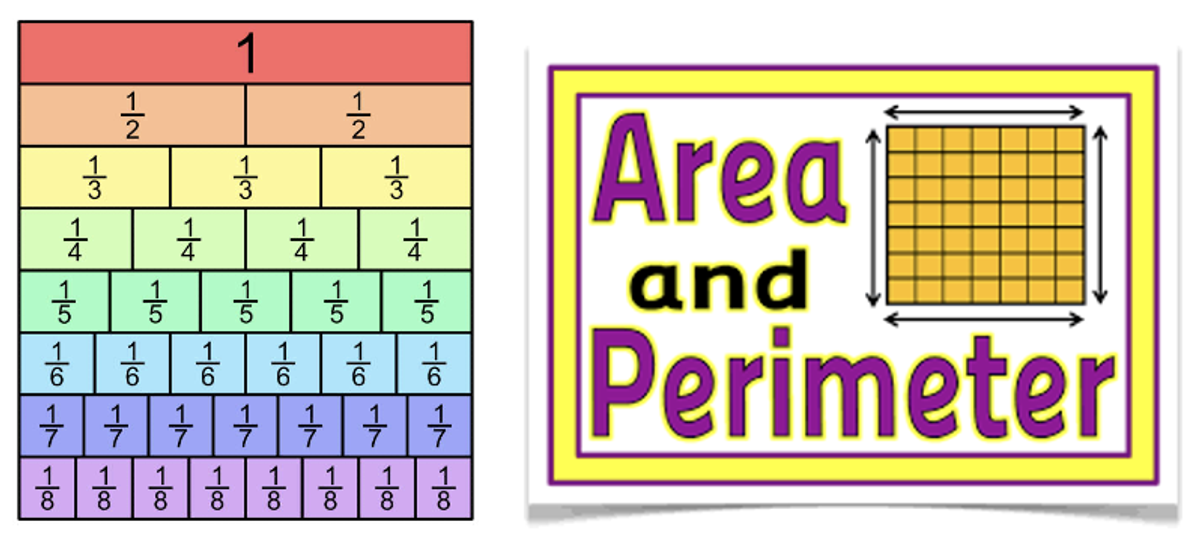

Recognising, Comparing, and Investigating Fractions
We have been exploring fractions by learning to recognise and compare different fractions. They are investigating how fractions relate to each other, including understanding equivalent fractions and ordering them on a number line. These activities help build a strong foundation for working confidently with fractions in more complex problems.
Solving Problems Involving Area and Perimeter
Students are developing their skills in measuring and calculating the area and perimeter of both regular and irregular shapes. They use appropriate metric units such as centimetres and metres, applying formulas and strategies to solve real-world problems. This work encourages practical understanding of space and measurement, strengthening their problem-solving abilities.
SOCIAL EMOTIONAL LEARNING (SEL) -
This month, students focused on identifying situations in people’s lives that can cause stress and role-playing positive responses in challenging social situations.
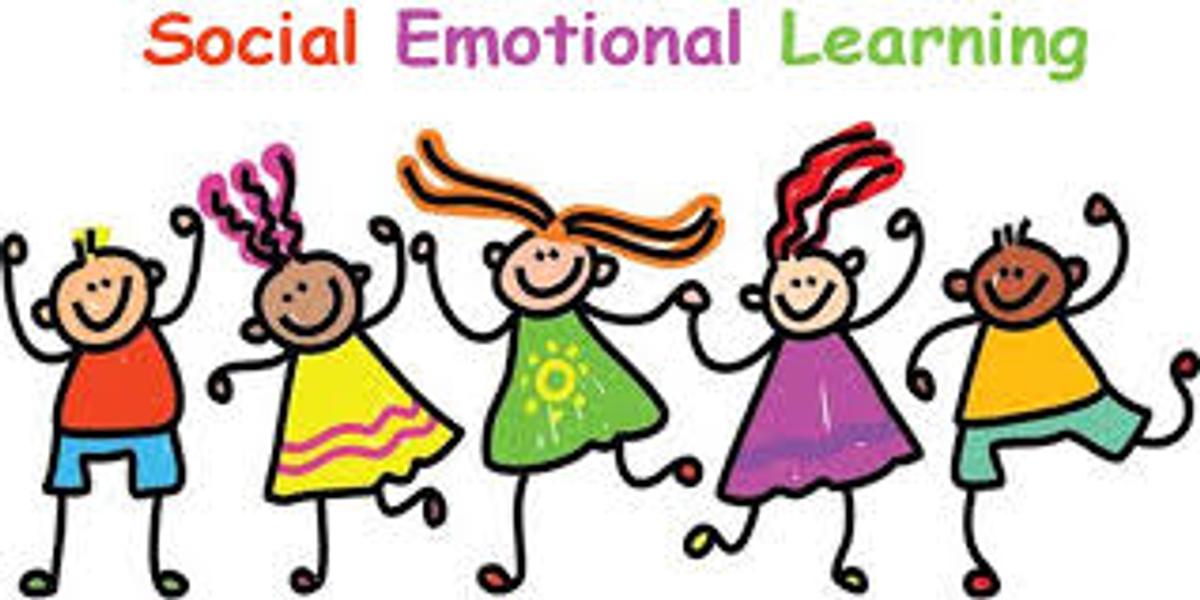

These activities along with their work on the Resilience Project help build empathy, resilience, and strong interpersonal skills. We encourage families to continue these conversations at home by discussing real-life situations and exploring how to respond thoughtfully.
INQUIRY - Natural Disasters
Monarch students have been investigating natural disasters and their impact on people and the environment. Our learning has focused on three key areas:
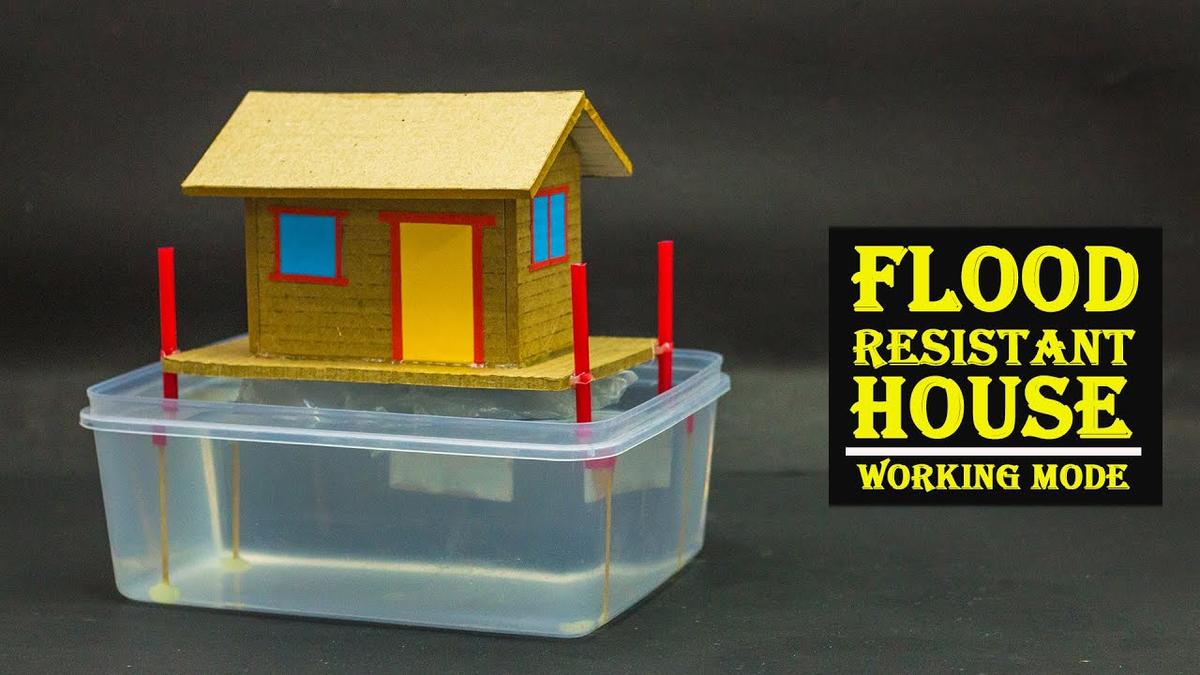

Through these investigations, students strengthened their understanding of how natural events affect communities and how thoughtful design can help keep people safer. We’re proud of the creativity and critical thinking students are showing in their projects.
CALENDAR -


4 July - Last Day of Term 2
Students return to school on 21 July 2025
Term 3 dates: 21 July - 19 September